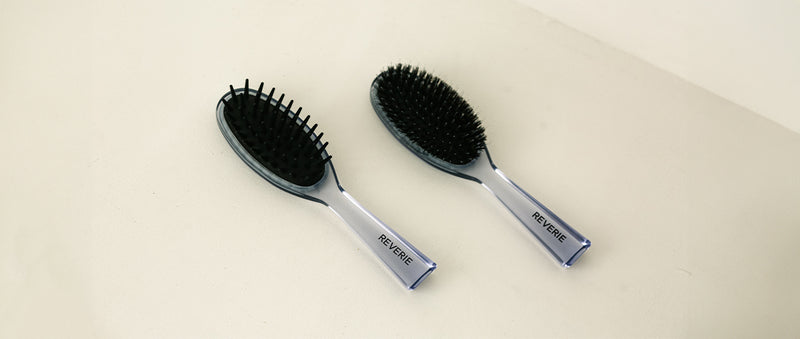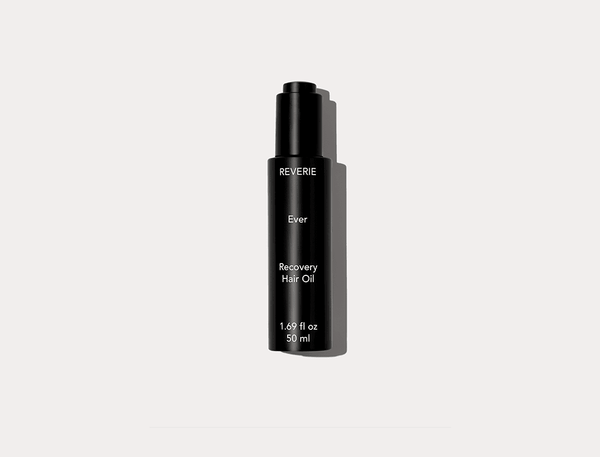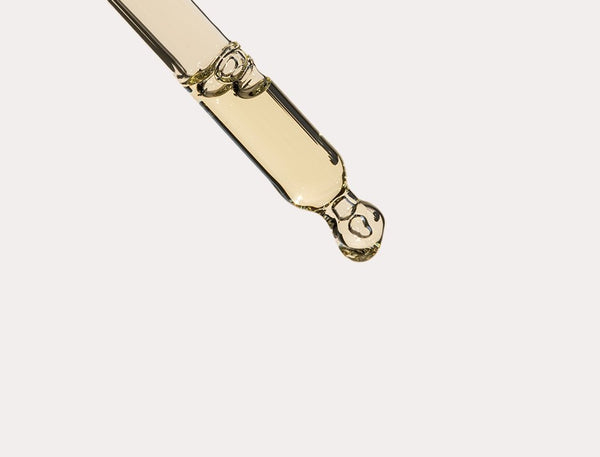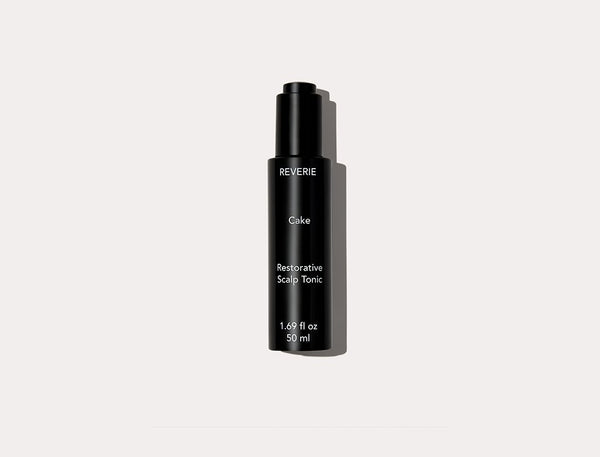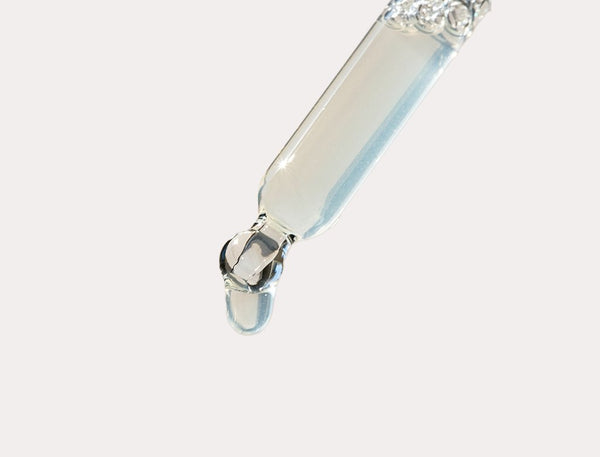Hormones, Postpartum and Hair Loss

Let’s talk about hormones & hair loss.
Our hair is one our most dominant features and because of that, there is a certain attachment to it. Your hair is an extension of the nervous system, so hair loss is usually an outward symptom of an internal imbalance. Sex hormones and nutrient deficiencies are the most common causes of hair loss, but are often overlooked and not addressed properly. Issues ranging from post-partum imbalances, PCOS, thyroid disorder, menopause and many more can be addressed in various different ways with a Functional MD.
I struggled immensely with postpartum hair loss with my doctor brushing it off saying “things will return to normal on their own”. Well, they didn’t and it took me years of working with a functional medicine doctor while also taking control of my own health through immense research on hair loss and the internal factors that play into it. In my case, the hair loss was directly related to my liver being sluggish and also being nutritionally deficit in iron, b vitamins, zinc and D3/K2 due to pregnancy and breastfeeding. Livers are an extremely hard working organ responsible for manufacturing and regulating hormones, cleansing blood, creating protein and much more. Had I not had a FULL blood workup done, including a DUTCH hormone test, I would not have been armed with this knowledge to take control of my healing. After several months of a full body detox, liver cleansing, changing my diet and supplementing missing nutrients, I could finally see my hair beginning to grow back. Getting to the root cause of WHY can be challenging, but once you have that knowledge the light at the end of the tunnel begins to shine.
Things you can implement right now to improve your hair health while working on the root cause:
- Treat your scalp/hair with extra love. Pre-shampoo oil treatments, weekly masks and less heat styling can dramatically change your hair.
- Ensuring you’re getting enough iron, zinc, B vitamins and D3/K2
- Monitor protein intake from high quality sources (research the nutritional differences of grass-fed vs. factory farm meat). If you’re vegan/vegetarian, look for a bio-available protein - we love @bewellbykelly
- Collagen! There are numerous scientific studies that show our collagen levels begin to decline by the age of 30 and the positive benefits supplementing with bio-available collagen has on our bodies
- Adding superfood Spirulinia into your diet to support iron, B vitamin, vitamin and mineral levels
xx Hillary
THESE STATEMENTS HAVE NOT BEEN APPROVED OR REGULATED BY THE FDA. WE ARE NOT DOCTORS, THEREFORE ALWAYS CONSULT WITH YOUR DOCTOR FIRST.




